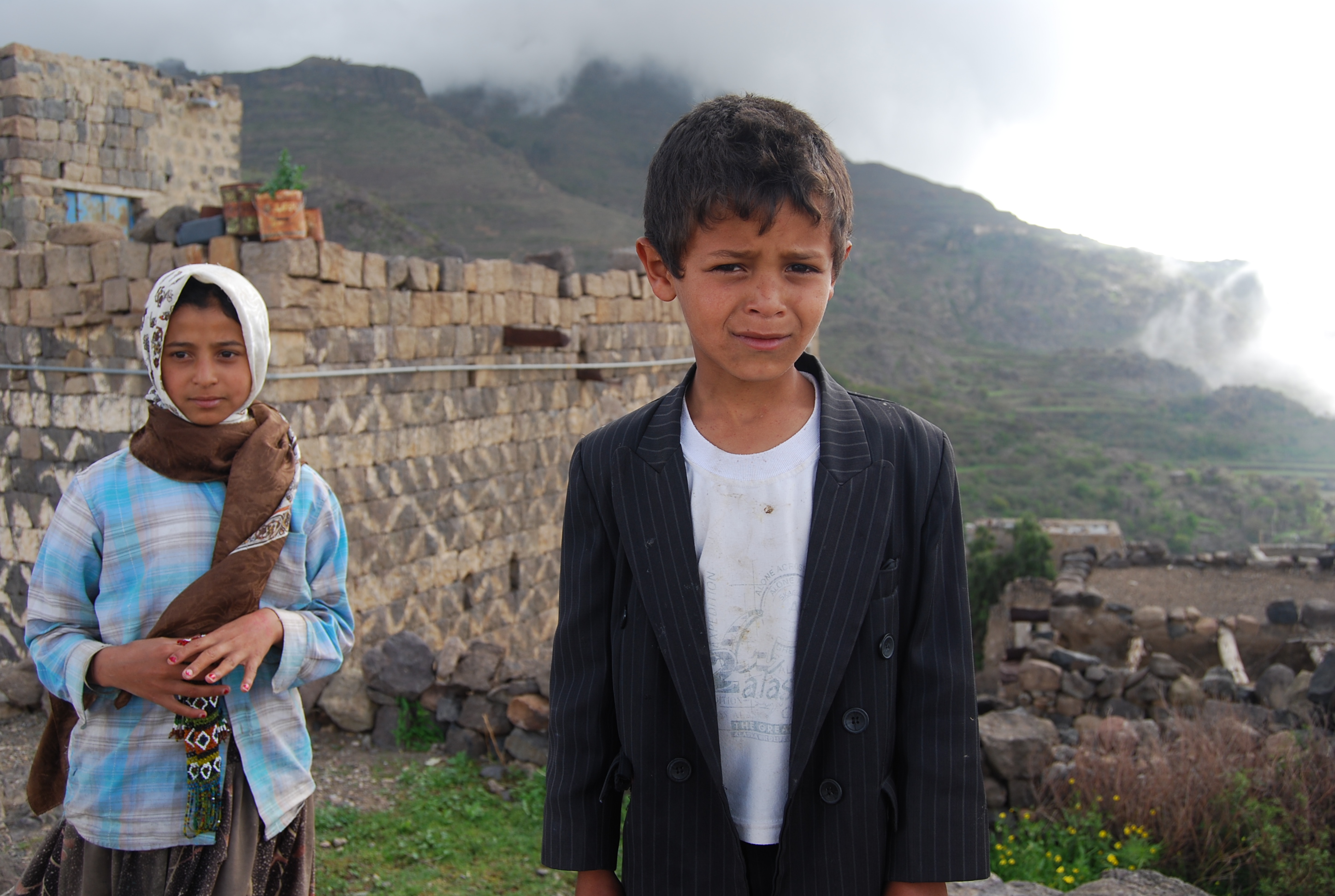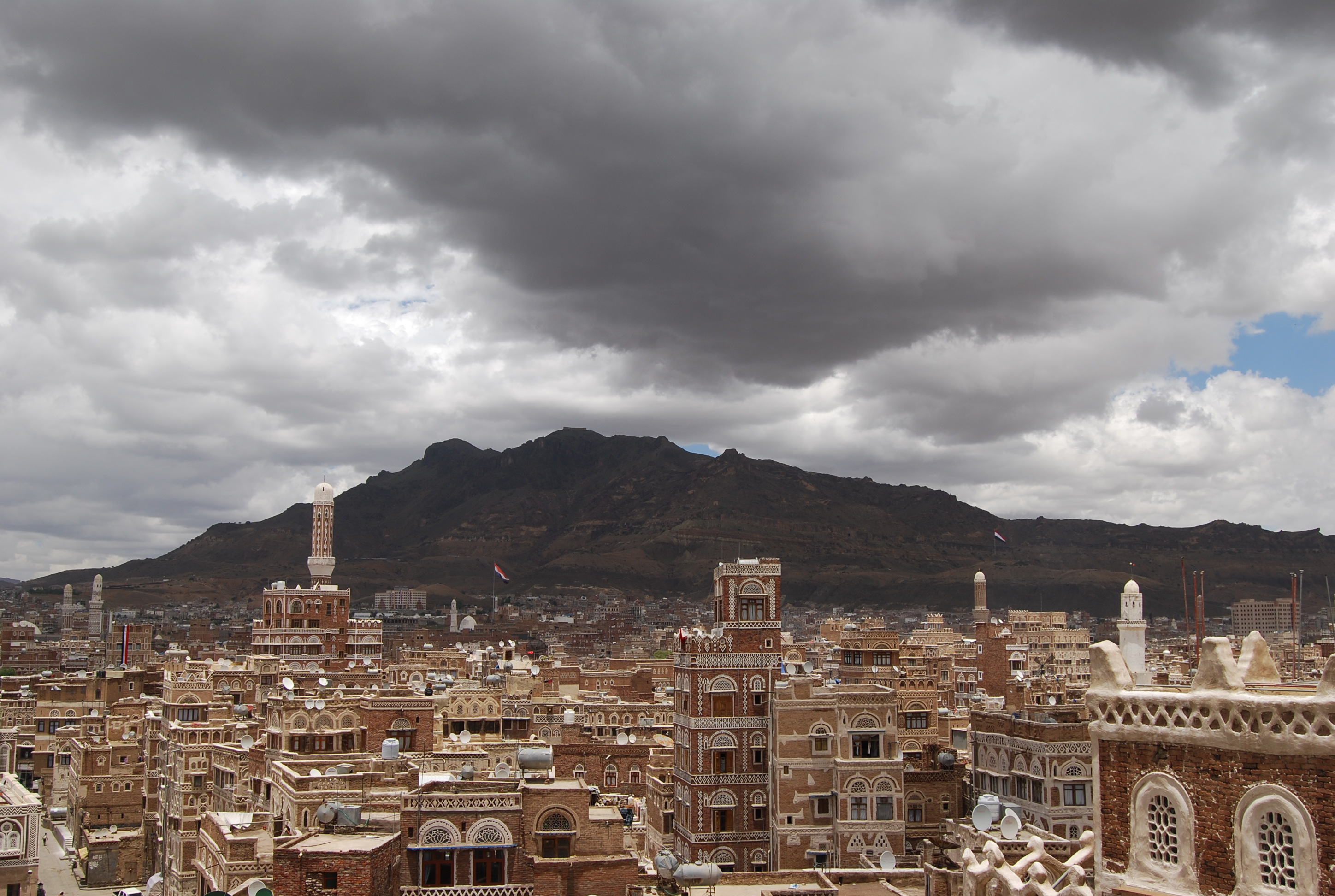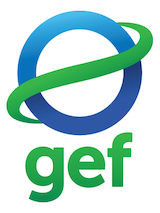Adaptation to Climate Change through Integrated Water Harvesting Technologies in Yemen
Project Overview
As a Least Developed Country (LDC), Yemen is highly vulnerable to climate change-related impacts such as drought, extreme flooding, and sea level rise. These are serious concerns as Yemen's economy largely depends on its natural resources. In addition to having a predominantly semi-arid to arid climate, more than half the agriculture is rain-fed. Coupled with a rise in both droughts and floods, the Yemenis face an acute challenge in adapting to climate change induced stress on water resources.
Thus, the project “Adaptation to Climate Change through Integrated Water Harvesting Technologies in Yemen” aimed to reintroduce traditional and innovative water harvesting techniques to improve water availability to rainfed farmers and pastoralists who are highly vulnerable to climate change.
Project Details
(More information to come)
Key Results and Outputs
The project has three main components with the following associated outcomes –
- Development of policies for traditional and innovative water harvesting systems including development of GIS-based rainfall-runoff models (Output 1.1); integration of water harvesting regulations into the water laws of Yemen (Output 1.2) and; formulation of long term, climate resilient water plans that include integrated water harvesting (Output 1.3)
- Development of on-ground measures for water harvesting and rehabilitation of traditional water harvesting structures. This component includes the reintroduction of five traditional water harvesting technologies (Output 2.1); introduction of fog harvesting technology (Output 2.2); training of community members on construction and maintenance of water harvesting technologies (Output 2.3); establishment of integrated groundwater recharge systems (Output 2.4) and supplementary irrigation (Output 2.5) and; design and deployment of awareness raising programmes to promote socio-economic benefits of water harvesting (Output 2.6).
- Development of decentralised and community led water management systems including customer-oriented water distribution and seasonal rationing services for communal harvested water (Output 3.1); capacity building to support a range of water harvesting technology designs and maintenance requirements (Output 3.2) and; introduction of incentives, such as concessional micro-loans, community grants, employment guarantee (Output 3.3).
Programme Meetings and Workshops
(More information to come)
Reports and Publications
PIFs
Monitoring and Evaluation
(More information to come)






